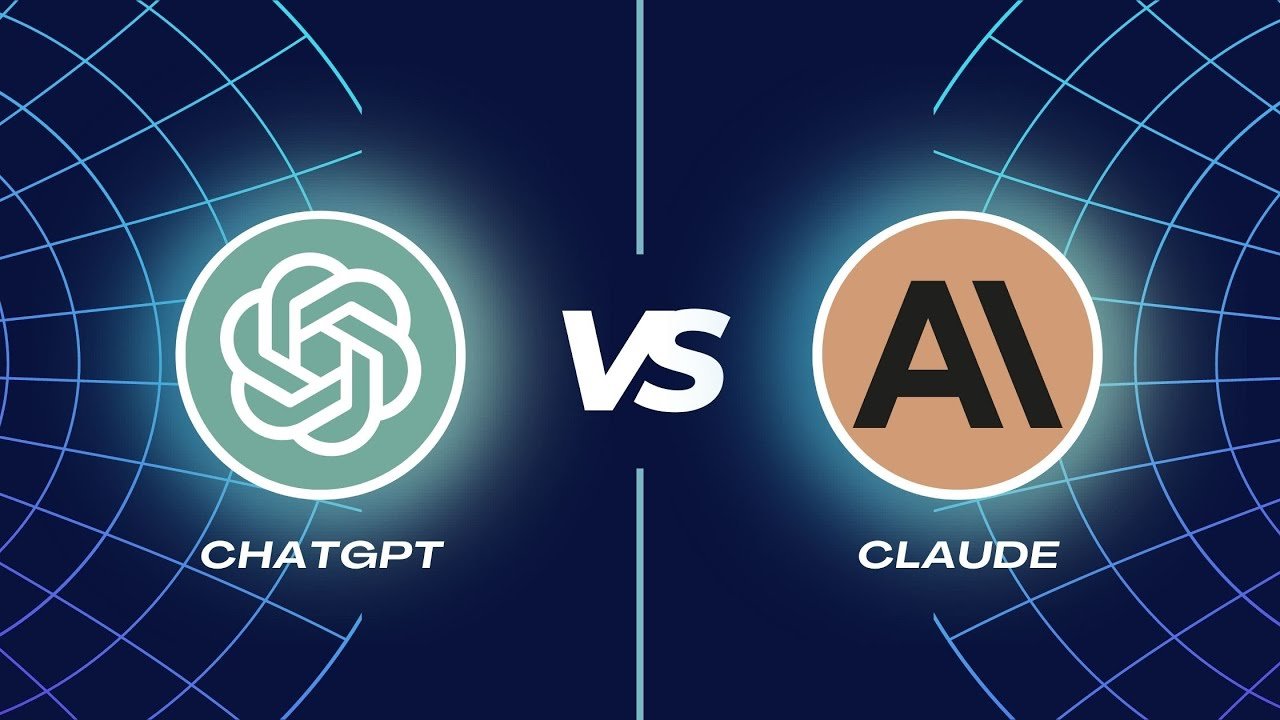Mind-Controlled VR Games
I. Introduction
- Overview of the impact of stroke on patients
- The potential benefits of virtual reality (VR) games for stroke recovery
II. The Science of Mind-Controlled VR Games
- How mind-controlled VR games work and their potential for stroke rehabilitation
- The technology behind mind-controlled VR games and its development over time
III. The Benefits of Mind-Controlled VR Games for Stroke Patients
- How mind-controlled VR games can help with motor function and cognitive rehabilitation
- The potential for mind-controlled VR games to improve patient outcomes and quality of life
IV. Case Studies: Real-World Examples of Mind-Controlled VR Games for Stroke Patients
- Examples of mind-controlled VR games being used in stroke rehabilitation programs
- The results of these programs and their impact on patient recovery
V. Challenges and Limitations of Mind-Controlled VR Games for Stroke Patients
- The limitations of current mind-controlled VR technology and its effectiveness for stroke rehabilitation
- Challenges in implementing mind-controlled VR games in stroke rehabilitation programs
VI. Future Directions: Where Mind-Controlled VR Games for Stroke Patients are Headed
- Advances in mind-controlled VR technology and their potential impact on stroke rehabilitation
- How mind-controlled VR games could be used in conjunction with other stroke rehabilitation therapies
VII. Ethical Considerations of Mind-Controlled VR Games for Stroke Patients
- The ethical implications of using mind-controlled VR games in stroke rehabilitation programs
- Ensuring patient safety and privacy in the use of this technology
VIII. Conclusion
-
- Summary of the potential benefits of mind-controlled VR games for stroke patients
- Future directions and implications for stroke rehabilitation and beyond
Introduction
Introduction
Stroke is a leading cause of long-term disability, with an estimated 17 million people experiencing a stroke each year worldwide. The effects of a stroke can be devastating, leading to physical and cognitive impairments that can impact a person’s ability to perform everyday activities and engage with the world around them. Traditional rehabilitation therapies can be effective but often require significant time and effort from patients, leading to repetitive and tedious exercises.
In recent years, virtual reality (VR) games have emerged as a promising tool for stroke rehabilitation. In particular, mind-controlled VR games are an exciting new technology that holds great potential for improving patient outcomes.
The Science of Mind-Controlled VR Games
Mind-controlled VR games use brain-computer interfaces (BCIs) to allow patients to control virtual environments and objects with their thoughts. The technology works by using sensors that detect electrical signals from the brain, which are then translated into commands for the VR system.
The potential benefits of mind-controlled VR games for stroke recovery are significant. By engaging patients in a new and engaging way, these games can help improve motor function, cognitive abilities, and quality of life. Moreover, mind-controlled VR games can provide a more personalized experience tailored to the individual’s specific needs and abilities.
The Benefits of Mind-Controlled VR Games for Stroke Patients
Research has shown that mind-controlled VR games can be highly effective in improving motor function and cognitive abilities in stroke patients. For example, studies have shown that they can help improve hand-eye coordination, balance, and spatial awareness, as well as cognitive functions such as memory and attention.
In addition to improving physical and cognitive abilities, mind-controlled VR games can also have a positive impact on the emotional well-being of stroke patients. By providing a new and engaging activity, these games can help reduce feelings of boredom, frustration, and depression often associated with traditional rehabilitation therapies.
Case Studies: Real-World Examples of Mind-Controlled VR Games for Stroke Patients
Real-world examples of mind-controlled VR games being used in stroke rehabilitation programs have shown promising results. In one study, stroke patients who played mind-controlled VR games experienced greater improvements in hand function and quality of life compared to those who received traditional rehabilitation therapy.
Another study found that mind-controlled VR games can be effective in improving gait speed and balance in patients with post-stroke hemiparesis. Furthermore, the study found that patients who used mind-controlled VR games experienced a higher level of engagement and motivation compared to those who received traditional rehabilitation therapy.
Challenges and Limitations of Mind-Controlled VR Games for Stroke Patients
Despite the potential benefits, there are still challenges and limitations to the use of mind-controlled VR games in stroke rehabilitation. One major limitation is the cost and technical expertise required to operate these systems. Another limitation is the need for further research to fully understand the potential of this technology.
Moreover, there are concerns around patient safety and privacy. For example, some patients may not be suitable for mind-controlled VR games due to the potential risks associated with brain-computer interfaces.
Future Directions: Where Mind-Controlled VR Games for Stroke Patients are Headed
Advances in mind-controlled VR technology could have significant implications for stroke rehabilitation and beyond. By combining this technology with other therapies and interventions, we may be able to improve patient outcomes even further.
Moreover, the potential applications of mind-controlled VR games extend beyond stroke rehabilitation. For example, they could be used to help patients with other neurological conditions such as Parkinson’s disease and traumatic brain injury.
Ethical Considerations of Mind-Controlled VR Games for Stroke Patients
Finally, there are important ethical considerations to take into account when using mind-controlled VR games in stroke rehabilitation. For example, patient safety and privacy must be carefully considered when using these systems. Furthermore, there is a need to ensure that patients fully understand the risks and benefits of using mind-controlled
VR games for stroke rehabilitation, and that they are able to provide informed consent.
Conclusion
Mind-controlled VR games hold great potential for improving stroke rehabilitation outcomes. They provide a new and engaging way to improve motor function and cognitive abilities, while also promoting emotional well-being. Real-world examples have shown promising results, and advances in technology could further improve patient outcomes. However, there are still challenges and limitations to the use of this technology, and ethical considerations must be carefully taken into account. Nonetheless, the future of stroke rehabilitation looks bright with the potential of mind-controlled VR games.



